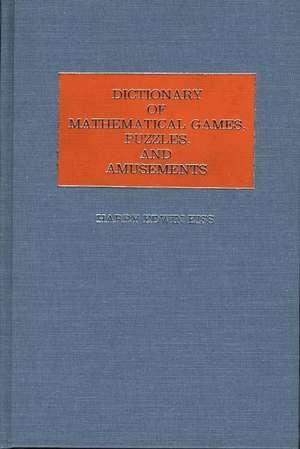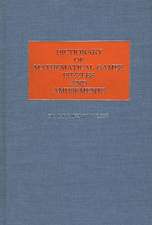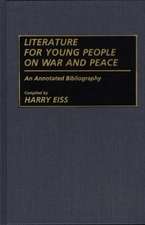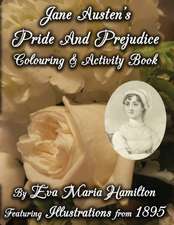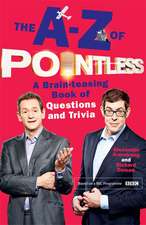Dictionary of Language Games, Puzzles, and Amusements
Autor Harry Edwin Eissen Limba Engleză Hardback – 30 sep 1986
Throughout recorded history, mankind has turned to language play as a source of entertainment and intellectual stimulation. This unique new reference provides comprehensive listings and explainations, together with samples and historical information, concerning the hundreds of letter and word games, puzzles, and linguistic entertainments that enrich our cultural life.
In an introductory section, the author discusses the various ways of manipulating words and letters and the relation of this pastime to literature, linguistics, education and humor. He comments on the use of word-play techniques in the teaching of language arts, noting their demonstrated benefits in stimulating creativity and motivating the unwilling student. Turning to the literary uses of language play, he talks about writers--from Shakespeare, Dickens, James Joyce, and Gertrude Stein to the dadaists, Edward Lear, Ogden Nash, and various contemporary literary artists--whose linguistic devices run the gamut from riddles, acrostics, cross-word puzzles, and anagrams--are considered, along with individual and group games intended to entertain, teach skills, or challenge the imagination or intellect.
Preț: 370.58 lei
Preț vechi: 746.24 lei
-50% Nou
70.92€ • 73.77$ • 58.55£
Carte tipărită la comandă
Livrare economică 14-28 aprilie
Specificații
ISBN-10: 0313244677
Pagini: 295
Dimensiuni: 156 x 234 x 18 mm
Greutate: 0.59 kg
Editura: Greenwood Press
Descriere
In an introductory section, the author discusses the various ways of manipulating words and letters and the relation of this pastime to literature, linguistics, education and humor. He comments on the use of word-play techniques in the teaching of language arts, noting their demonstrated benefits in stimulating creativity and motivating the unwilling student. Turning to the literary uses of language play, he talks about writers--from Shakespeare, Dickens, James Joyce, and Gertrude Stein to the dadaists, Edward Lear, Ogden Nash, and various contemporary literary artists--whose linguistic devices run the gamut from riddles, acrostics, cross-word puzzles, and anagrams--are considered, along with individual and group games intended to entertain, teach skills, or challenge the imagination or intellect.
Notă biografică
ss /f Harry /i Edwin
